Charter schools don’t belong in Virginia
Charter, lab schools pose threat to public education
Public school students in Fairfax County’s unified school district are often subjected to higher quality rigorous education with more course options than in other areas where charter and voucher funding has decimated public schools.
This staff editorial represents the opinion of the majority of The Highlander editorial board.
This year, legislators in Virginia’s Senate and House of Delegates introduced bills to establish new charter schools in the state. If passed, the bills would allocate millions of dollars in state funding for charter schools under Governor Glenn Youngkin’s push for so-called “school choice.” In February, following pushback against charter schools for their potential to take from public education funds, the bill was amended to push for “lab schools.” Last year, a $100 million laboratory school fund was established by the commonwealth, which Youngkin touted as “start-up capital” for the privately run, publicly funded project.
The revised legislation would allow all higher education institutions in Virginia to create and operate primary and secondary lab schools, even if they do not have a program in K-12 education. While Republicans have claimed the bill and lab school model to be different from prior charter legislation, Youngkin himself has used the terms interchangeably.
In Virginia, current proposals to allow charter schools are troubling, as they are largely linked to an overall trend of education privatization. The lab school format is just one recent proposal along the lines of the trend, and, if passed, would bring Virginia closer to large-scale charter school establishment. Lab schools are privately managed, publicly funded schools run by higher education institutions, used as a testing ground for new educational approaches effectively as a type of charter school. However, this new legislation allows even institutions without any K-12 education experience or education degree program to operate lab schools on taxpayer funds.
Because charter schools are privately managed schools that receive public funding, they are not subject to the same regulations and oversight as traditional public schools, often leading to a lack of accountability and transparency. This results in unqualified teachers, inadequate resources, lack of support for students with special needs and management from business backgrounds as opposed to education, leading to substandard education in many cases. According to a study by the Network for Public Education, more than 850,000 charter school students have been displaced from 1999 to 2017 because of charter school shutdowns resulting from mismanagement, academic failure, or financial issues.
Most charter schools are not-for-profit corporations, yet charter schools consistently consume more money to pay their executive officers and management than traditional public schools, some with lobbying arms. According to an analysis by the Center for Popular Democracy, well over $200 million in charter school money has been consumed through fraud, waste and fiscal abuse. Money charters use to lobby is tax-payer funded and often comes out of public funds allotted for students and entrusted with Charter Management Organizations.
Additionally, according to the U.S. Government Accountability Office, a similarly large amount of federal funds, $152 million, has gone to unaccountable charter schools that either never opened or closed shortly after opening.
In Fairfax County’s unified public education system, the vast majority of principals are education doctorates, trained on the principles of education, effective learning and teaching, and managing schools. Meanwhile in charter schools, school CEOs often have more business experience than education experience.
Charter schools exacerbate segregation and inequity in our education system. Studies have shown that charter schools often enroll fewer students with disabilities and English language learners, leading to a two-tiered education system that further disadvantages already marginalized students.
The proposals to allow lab schools in Virginia should be rejected as they are a format to ultimately establish charter schools and privatize elements of Virginia’s education system. Virginia has a strong public education system, and we should focus our resources on improving our existing schools rather than diverting funds to charter schools or lab schools. It is essential that we ensure that every student has access to a quality education, and this can only be achieved by investing in our public schools and addressing the root causes of inequity and disenfranchisement.
Allowing higher education institutions without any K-12 education experience or education degree program to operate schools is a risky move that could put the education of Virginia’s children in the hands of unqualified individuals. We need to prioritize the education of all of Virginia’s children and ensure that every student has access to high-quality public education.
Your donation supports the McLean High School's independent, award-winning news publication.


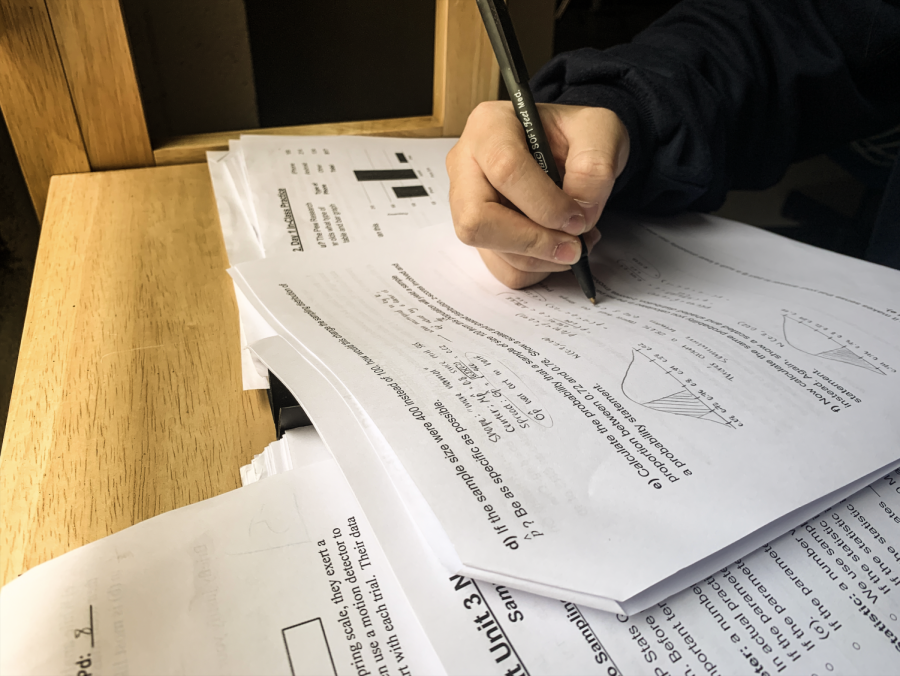
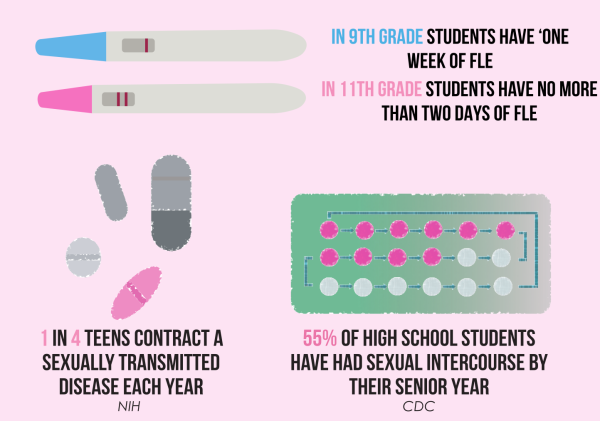
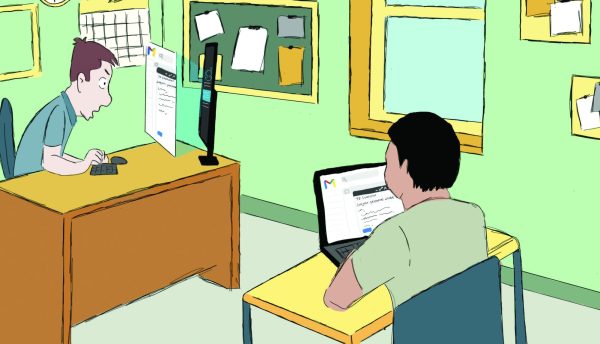

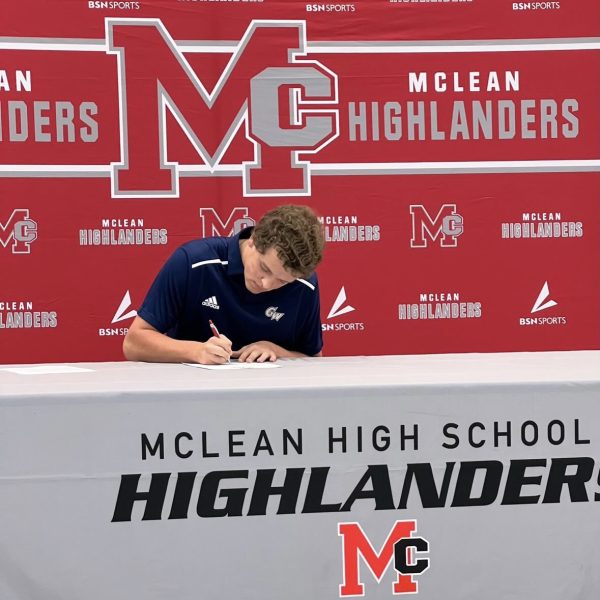
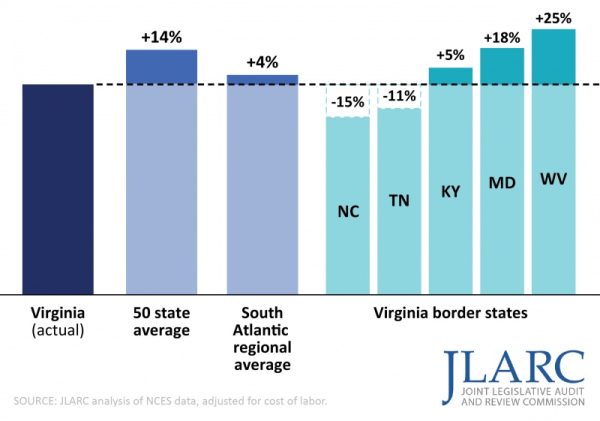
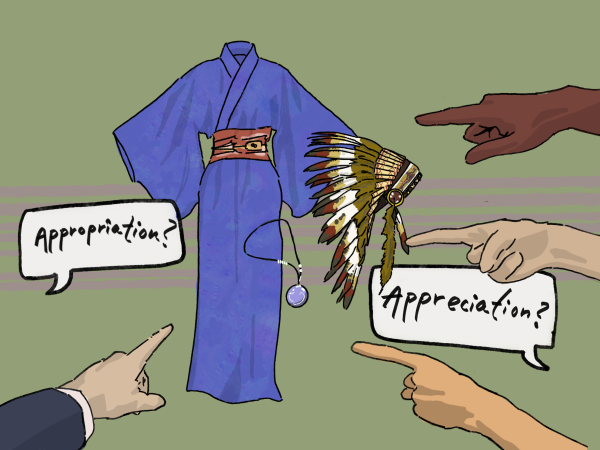

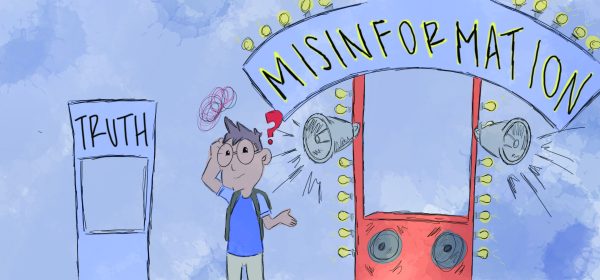
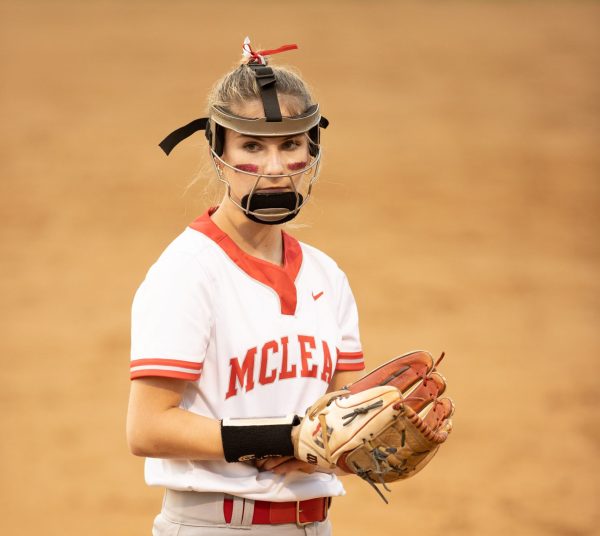
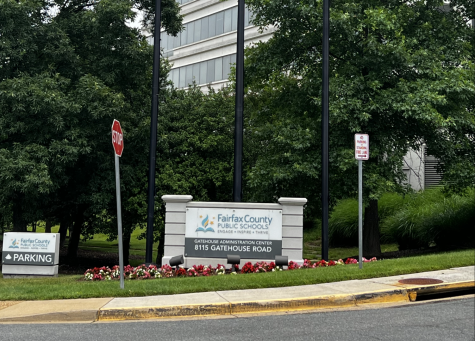



Marc Ofte • Mar 20, 2023 at 3:35 pm
A union shill trying to justify the status quo. No mention about how much better magnet and lab schools perform academically – just banal pap about “caring about education “. No ment I n that the primary motive in this effort to deny school choice is to keep the unions fat enough to donate big bucks to democrats. This is a sad commentary h